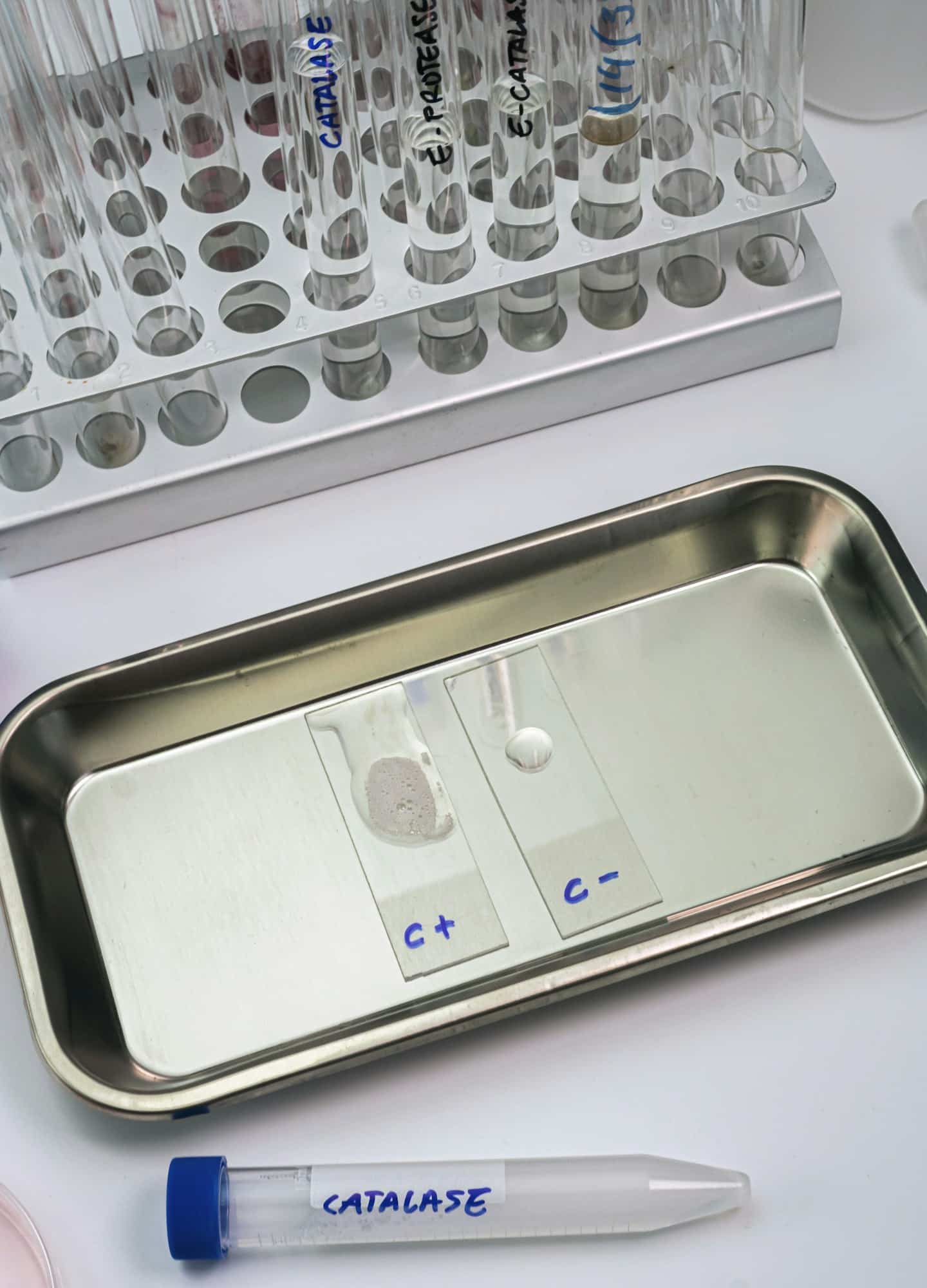Can the Use of Digestive Enzyme Supplements Improve Gut Health?

Digestive enzymes have garnered significant attention in the health community for their potential to maintain and improve gut health. By assisting in the breakdown of foods into nutrients that our bodies can use, they promise numerous benefits. But how effective are they really, and what factors should you take into consideration before incorporating them into your diet? To shed light on these questions, we delve into digestive enzymes’ nature, their role in health, and the implications of supplementing them.
Understanding Digestive Enzymes
Before we delve into the use of digestive enzymes as supplements, let’s first understand what they are and their purpose in our body. Enzymes are proteins that act as catalysts in various biochemical reactions. Specifically, digestive enzymes are those that our bodies use to break down food into smaller molecules that can be absorbed and utilized.
Also to see : What Non-Pharmacological Interventions Are Most Effective for Migraine Relief?
The pancreas is the key producer of many of these enzymes. However, they are also produced in the small intestine, stomach, and salivary glands. There are several types of digestive enzymes, each responsible for breaking down different classes of food. For instance, proteases and peptidases break down proteins, lipases handle fats, while amylases are responsible for carbohydrates.
In certain instances, the body might fail to produce enough of these enzymes, leading to a condition known as enzyme insufficiency. This condition may result in various symptoms including bloating, gas, and discomfort after meals.
Also read : Eco-responsible surgical caps and hats: comfort and fashion
The Role of Digestive Enzyme Supplements
For people dealing with enzyme insufficiency, or those aiming to improve their digestion, the use of enzyme supplements may offer substantial relief. These are typically derived from plants or animals and contain one or more types of enzymes. Taking these supplements right before a meal can help in the digestion of food and alleviate associated symptoms.
One common type of enzyme supplement is lactase, which is used by people who are lactose intolerant. Lactose is a sugar found in milk and other dairy products, and some people’s bodies do not produce enough lactase to break it down. By taking lactase supplements, these individuals can enjoy dairy products without experiencing digestive discomfort.
In addition to improving digestion, enzyme supplements may also offer other health benefits. Some studies suggest that they can help reduce inflammation, support the immune system, and enhance nutrient absorption. However, it’s important to note that more research is needed to fully substantiate these claims.
Factors to Consider When Using Enzyme Supplements
As promising as digestive enzyme supplements may seem, they are not a one-size-fits-all solution. Various factors can influence their effectiveness, and they may not be suitable for everyone.
Firstly, the cause of your digestive issues is important. If the problem lies with your pancreas’ ability to produce enzymes, for example, then these supplements may be beneficial. However, if the issue is related to other aspects of your digestive system, such as the gut microbiota or intestinal permeability, enzyme supplements may not be the most effective solution.
Moreover, not all enzyme supplements are created equal. The concentration and types of enzymes contained can vary between different brands and products. Therefore, it’s crucial to choose a high-quality product from a reputable manufacturer. Consulting a healthcare professional before starting any new supplement regimen is always the best approach.
Do Probiotics Play a Role in Digestive Health?
Probiotics are another class of supplements often associated with gut health. They are live bacteria and yeast that are beneficial to our health, especially for our digestive system.
Our gut contains a complex ecosystem of bacteria – known as the gut microbiota – that play a crucial role in digestion, nutrient absorption, and immune function. The balance of this microbiota can be disturbed by factors such as diet, stress, and illness. Probiotics can help restore this balance, offering numerous health benefits such as improved digestion and enhanced immune function.
Like enzyme supplements, however, probiotics are not a cure-all. The effectiveness of probiotics can depend on the specific strains included, the dosage, and the individual’s health status and gut microbiota composition. So, while probiotics can be a useful addition to a health regimen, they should not replace a balanced diet or regular medical check-ups.
Conclusion
The realm of gut health is complex and multifaceted, with digestive enzymes playing a significant role. Digestive enzyme supplements can offer relief for some individuals, but they are not a universal answer to all digestive concerns. As with any health decision, it’s essential to consider your unique situation and consult with a healthcare professional before starting a new supplement regimen.
While digestive enzyme supplements and probiotics can support gut health, they are just one piece of the puzzle. A balanced diet, regular exercise, and an overall healthy lifestyle are still the foundation of optimal gut health.
Potential Side Effects and Risks of Digestive Enzyme Supplements
The prospect of better digestive health through enzyme supplementation can sound very appealing. However, it’s equally crucial to be mindful of potential side effects and risks associated with these supplements.
Despite digestive enzymes being generally recognized as safe, the consumption of enzyme supplements can lead to some side effects in certain individuals. These include symptoms such as abdominal discomfort, gas, diarrhea, or skin rashes in case of allergies. This occurs mainly when the supplements are taken in excessive quantities or by individuals with sensitive digestive systems.
In addition, there are medical conditions like gastritis, ulcers, and Crohn’s disease where enzyme supplements could potentially aggravate the condition. Therefore, people with these conditions should be extra cautious.
Furthermore, people with certain conditions like cystic fibrosis or exocrine pancreatic insufficiency may require specific types of pancreatic enzymes. These enzymes help compensate for the body’s decreased or absent production, facilitating the digestion process. However, these should only be taken under medical supervision as the dosage and type of enzymes required can vary based on the individual’s condition.
In a nutshell, while enzyme supplements can offer benefits, they also carry potential risks and side effects. Therefore, it’s vital to use them responsibly and always under the guidance of a healthcare professional.
Complementing Digestive Enzymes with Lifestyle Choices
When it comes to nurturing gut health, relying solely on digestive enzyme supplements or probiotics may not provide the holistic approach our bodies require. Indeed, our lifestyle choices can significantly enhance the effectiveness of these supplements in promoting a healthy gut.
A balanced diet rich in fruits, vegetables, lean proteins, and whole grains can provide our bodies with the necessary nutrients and the right environment for enzymes and probiotics to thrive. Moreover, certain foods naturally contain digestive enzymes. Pineapple, for instance, contains bromelain that helps break down proteins, while the papain in papaya assists in protein digestion as well.
Regular exercise is another key component for gut health. Physical activity can stimulate the muscles in the gut, promoting a more efficient digestion process and helping to reduce inflammation.
Lastly, stress management is an essential aspect often overlooked. Chronic stress can disrupt the gut microbiota balance, leading to a variety of digestive issues. Therefore, incorporating stress management techniques such as meditation, yoga, or deep breathing exercises can be beneficial for overall gut health.
In conclusion, while digestive enzymes and probiotics can play a significant role in promoting digestive health, they should be seen as supplements rather than substitutes for a healthy lifestyle.
Conclusion
In the pursuit of optimal gut health, digestive enzyme supplements can be a viable tool. They have the potential to alleviate discomfort from certain digestive issues, enhance nutrient absorption, and, in some cases, even support immune function. However, like any health intervention, they come with their own set of considerations, including potential side effects and varying effectiveness based on individual health status and the specific enzymes contained within the supplement.
Furthermore, while digestive enzymes play a crucial role in gut health, they are just one part of the equation. Probiotics, too, have their part to play in maintaining a healthy gut microbiota balance. Yet, these supplements are most effective when combined with a healthy diet, regular exercise, and effective stress management.
Ultimately, the path to optimal gut health is a holistic one, requiring a multi-faceted approach. As always, any changes to your health regimen, including the incorporation of digestive enzyme supplements, should be undertaken with the guidance of a healthcare professional.
